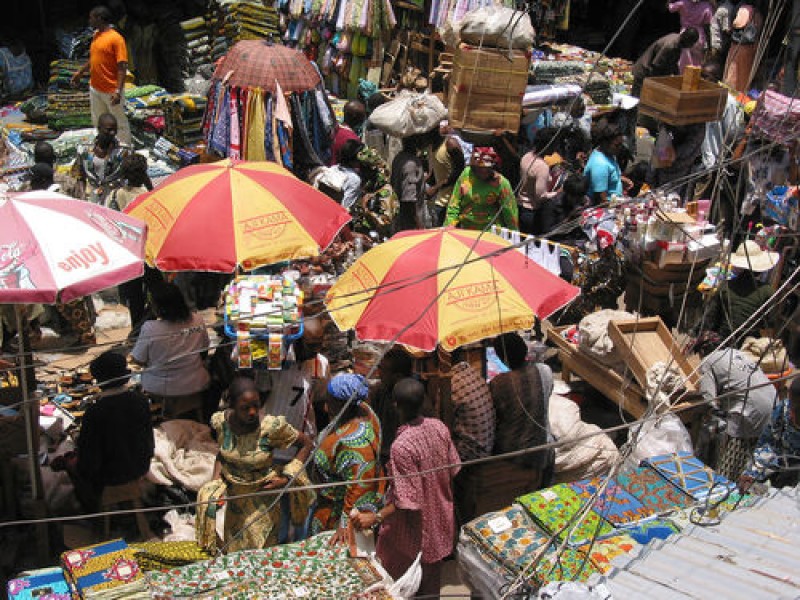“Africa plays such an important role in everything from migrant movements to minerals,” OCCRP Editor Drew Sullivan said, “Journalists there need to be better connected globally and we feel we can help do that by plugging in our partner networks.”
Paul Radu, OCCRP executive director, said, “Many transnational organized crime groups operate with impunity across the African continent. OCCRP and our African partners are committed to exposing their wrongdoings.”
High-level corruption, in particular, has been a significant problem where much of the continent’s resource wealth fails to benefit local populations.
“Financial flows, corporate structures, trade and crime have long been cross-border. Transcending national boundaries in terms of collaboration is logical and critical to unveiling the systemic design behind most illicit activities,” OCCRP’s Africa editor Khadija Sharife said.
“Working with some of Africa’s best and brightest media partners allows us to combine local expertise with OCCRP’s historical excellence," she added.
Generating more than 70 cross-border investigations per year and with a collective readership of more than 200 million through legacy media, OCCRP’s growing African body, from the Maghreb to the Horn of Africa, is designed to initiate and collaborate on cross-border investigations between Africa’s best journalists and their peers around the world.
"Africa has been for years used by criminals because of its weak legal systems and structures. We have hordes of corrupt leaders and public officials who aid organised crime,” said Collins Mtika, director of the Centre for Investigative Journalism Malawi, and one of OCCRP’s new partners.
“We think our partnership with OCCRP is a milestone and a step forward in the quest to rid of and expose the seemingly entrenched vice that deters the continent's development,” he added.
In Togo, Maxime Domegni a reporter at L’Alternative, an independent media outlet, looks forward to the advantages the partnership will provide. “The partnership with OCCRP is a great opportunity giving us access to sources and resources we might not have been able to access on our own.
“The possibility to be able to connect with high-quality colleagues who share the same determination to uncover hidden facts regarding crime and corruption is already a significant resource.”
OCCRP Africa launches with more than a dozen African media partners including its regional partner the African Network of Centers for Investigative Reporting (ANCIR), and adding on award-winning media outlets such as South Africa’s premier investigative magazine, Noseweek; Nigeria’s leading investigative media house, the Premium Times, Kenya’s Africa Uncensored and Botswana’s INK among other partners, including The Oxpeckers Center for Investigative Environmental Journalism, another award-winning South African investigation unit focused on environmental issues.
Joel Konopo, managing partner of the Botswana-based INK Centre for Investigative Journalism, expressed confidence in the opportunities the new partnership represents for African journalists. The center was founded in 2015 to address the lack of development of in-depth journalism in the country.
“Collaborative journalism helps connect ideas while linking facts and perspectives especially in smaller newsrooms that have budgetary constraints,” Konopo said.
“Most newsrooms in Africa do not have the capacity to carry out high impact cross-border investigative stories hence the importance of collaboration with major organisations such as OCCRP.”


